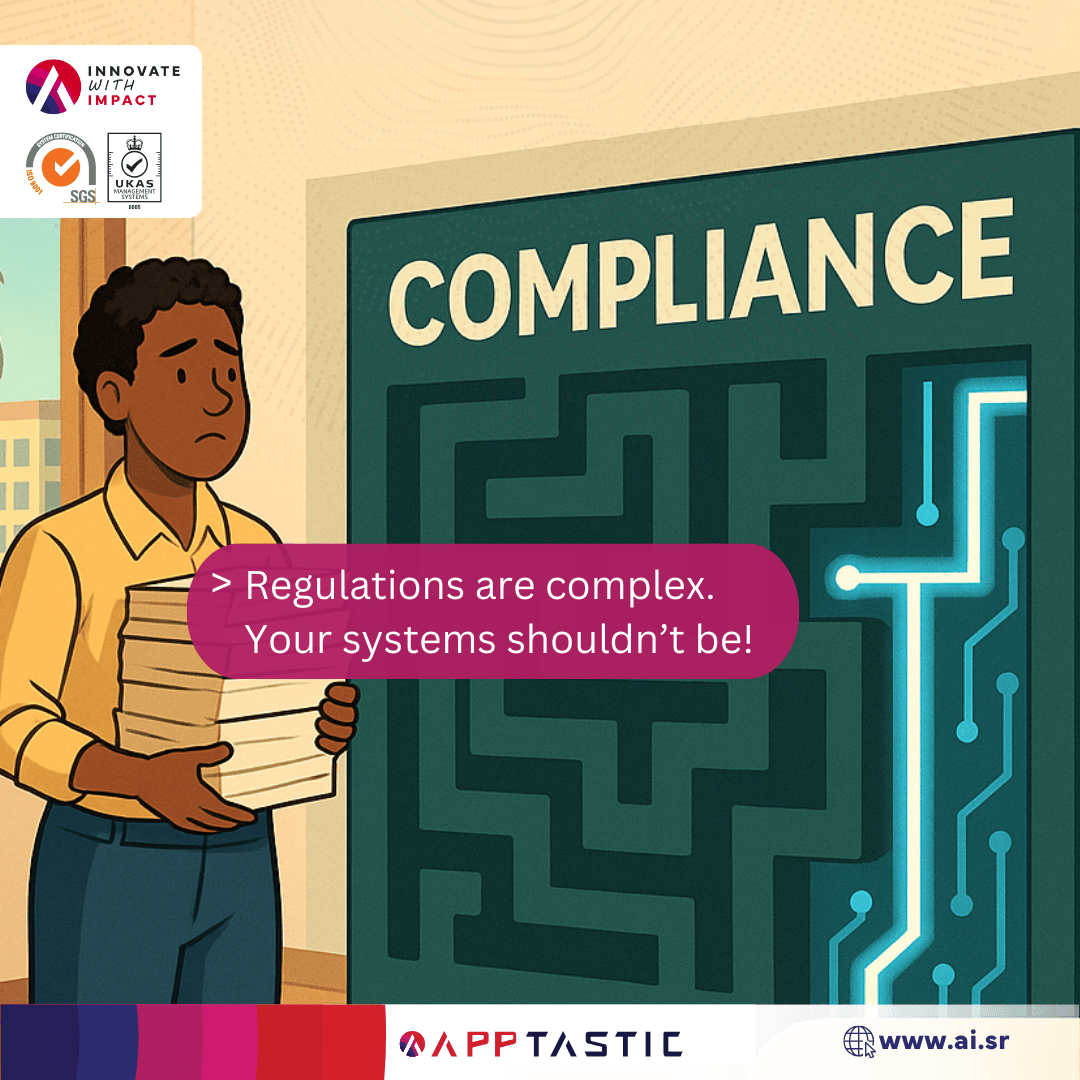In a move to bolster climate resilience and sustainable development efforts across the Caribbean region, the United States Agency for International Development (USAID) organized the Caribbean Climate Investment Program (CCIP) Virtual Roadshow Event. The event took place in Suriname on the 17th of August 2023. The Board of the VSB was invited.
The primary objective of the roadshow was to introduce the board members of VSB to the CCIP and its ongoing and upcoming activities. Participants also delved into exploring various avenues of engagement with the program. As part of the broader USAID Climate Finance for Development Accelerator, CCIP focuses on stimulating private sector financing for climate adaptation and mitigation technologies in the Caribbean.
Aims and Scope of the Caribbean Climate Investment Program
While the private sector’s attention to energy transition in emerging markets has been growing, it has not yet reached the pace and scale required to effectively combat the global climate crisis. The CCIP addresses this gap by expediting the deployment of renewable energy, energy efficiency technologies, and climate adaptation solutions across 11 Caribbean countries. These nations include Trinidad & Tobago, Dominican Republic, Jamaica, Dominica, Grenada, Saint Kitts and Nevis, Saint Lucia, Saint Vincent and the Grenadines, Barbados, Guyana, and Suriname.
The Virtual Roadshow served as a platform for stakeholders to comprehend the objectives and activities of the CCIP comprehensively. Attendees explored potential collaboration opportunities and gained insights into how they could contribute to the program’s overarching mission.
Empowering Climate Financing Through the CCIP
The CCIP is set to play a significant role in driving climate-related financing in the Caribbean region. Financial sector partners, private businesses, as well as not-for-profit organizations that support the development, commercialization, and application of renewable energy and energy efficiency technologies or adaptation solutions in the mentioned priority countries are encouraged to engage with the program.
The program invites interested parties to apply for assistance awards under CCIP’s Annual Program Statement (APS). The APS operates as a competitive two-stage application process. Applicants initially submit a concept paper and budget. Qualified candidates are then invited to present a full proposal for potential grants, which are capped at $1 million for Caribbean or other non-U.S. organizations and $500,000 for U.S.-based organizations.
USAID’s Climate Finance for Development Accelerator
The Climate Finance for Development Accelerator (CFDA), a $250 million initiative, aims to mobilize $2.5 billion in climate investments by 2030. This effort targets various climate change mitigation and adaptation activities, fostering a transition toward an equitable and resilient net-zero economy. Organized around three primary objectives, the Accelerator seeks to develop partnerships, improve the climate finance ecosystem, and enhance global and local capacity to attract climate finance resources.
Joining the Climate Finance Investment Network
USAID’s Climate Finance Investment Network (CFIN) acts as a platform for private sector, foundations, and partners interested in catalytic support for climate investments. Through the CFIN, stakeholders collaborate to enhance the climate finance ecosystem, crowd in private sector financing, and drive learning and partnership facilitation.
Collaborative Opportunities and Buy-in Mechanism
The CCIP’s Virtual Roadshow in Suriname has illuminated the path toward collaborative efforts to combat climate change and accelerate sustainable development. As the world continues to grapple with the challenges posed by the climate crisis, initiatives like CCIP, under the USAID Climate Finance for Development Accelerator, hold the promise of forging a more resilient and sustainable future for the Caribbean region and beyond.
Read more about:
CCIP
Climate Finance for Development Accelerator


